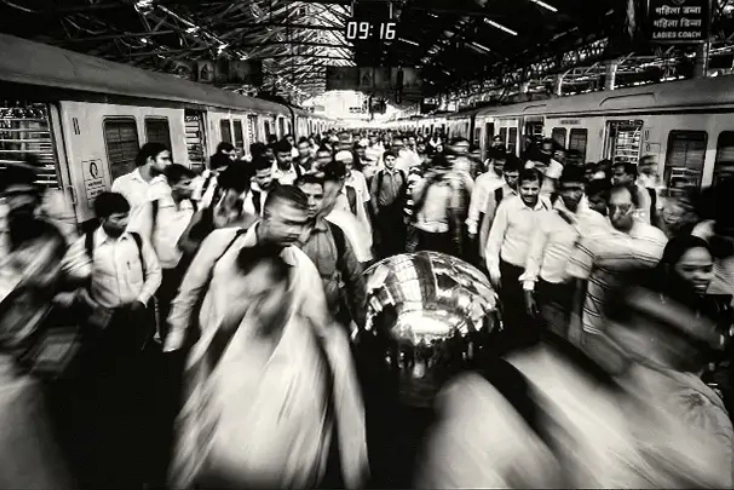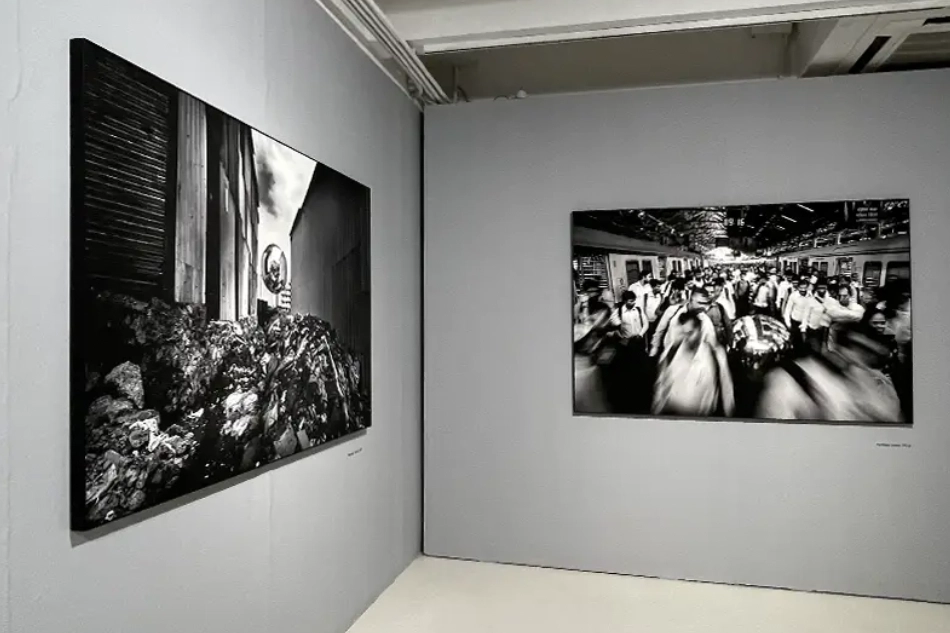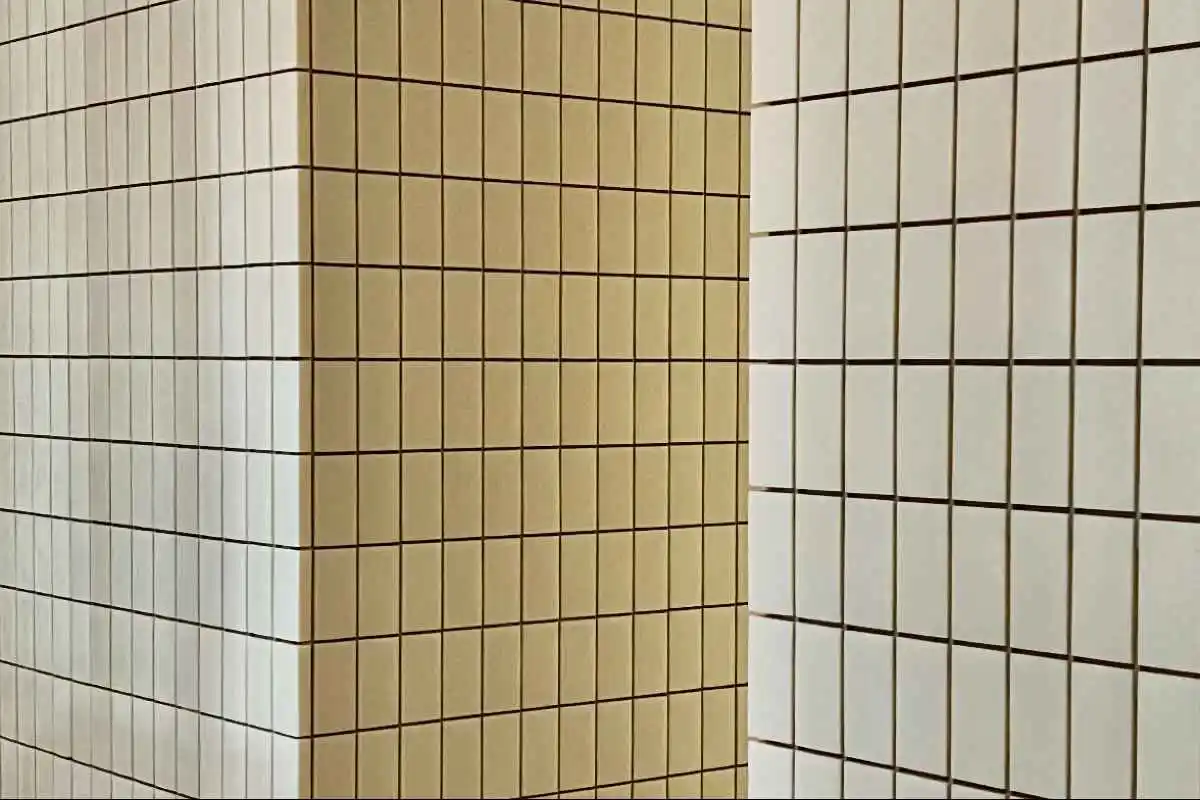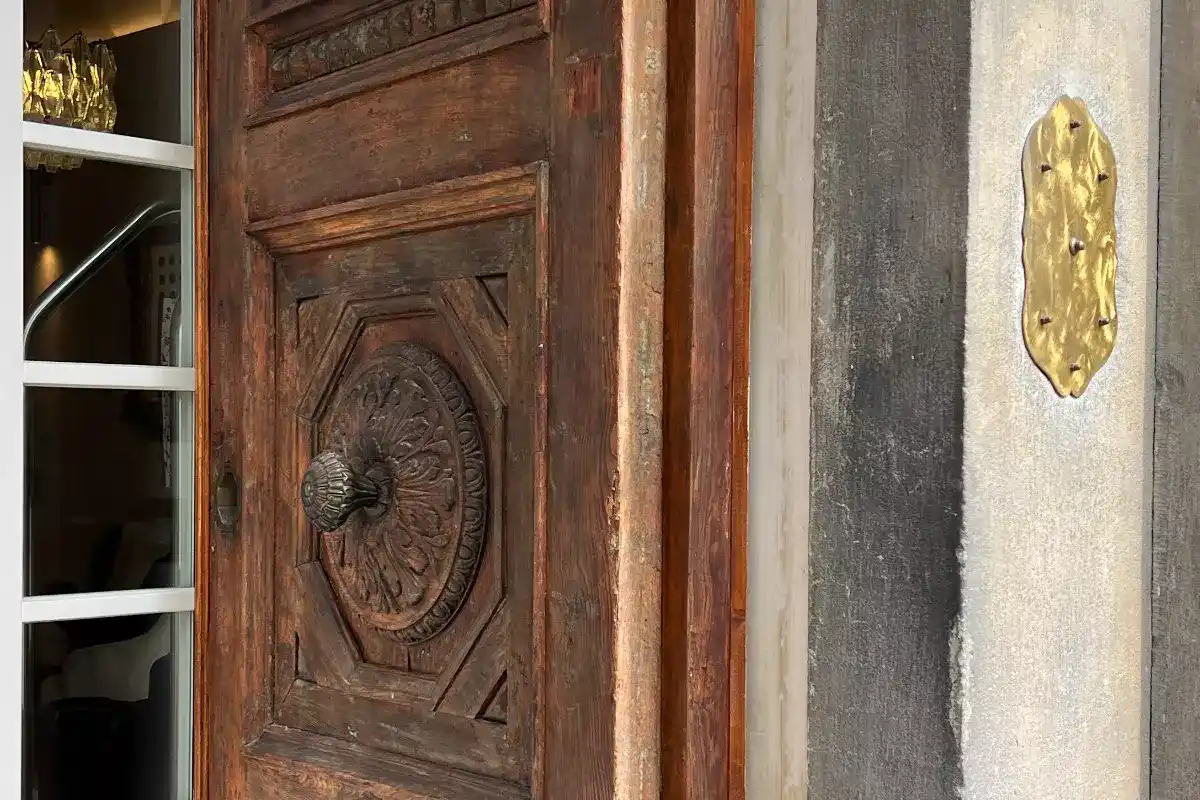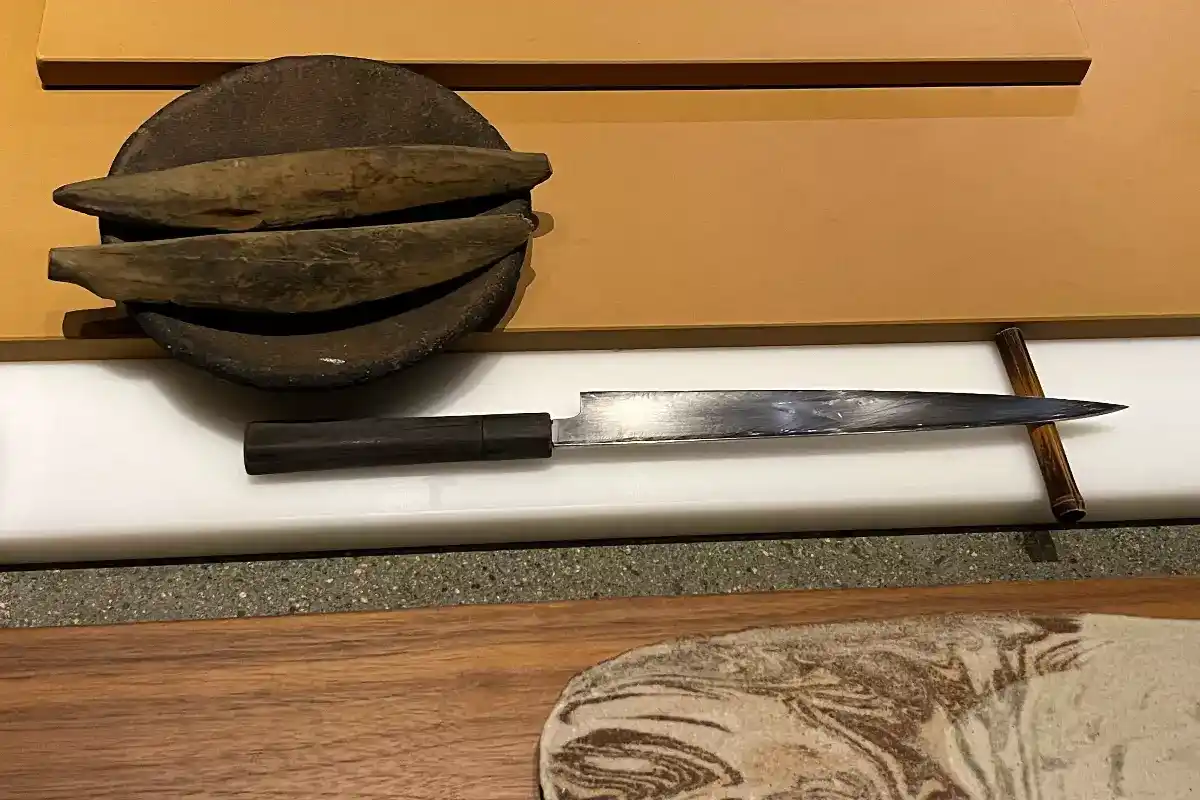«There can be creativity in artistic reportage that tells the truth without manipulation if it is done with feeling and instinct»
A view to world’s climate change and its destruction through our own actions
When Max Vadukul started conceptualising the exhibition ‘The Witness: Climate Change’ it was as much a personal reflection on what he saw as the current problems with the world as it was an emphatic statement on what needs to change before it is too late. Dealing with an issue as intense as climate change and its impact on an environment is not easy. It alludes to problems with the world around us and its destruction through our own actions. The installation at Galleria Sozzani is a welcome return to a collaboration with Carla Sozzani that first happened in 1984. Vadukul was one of the first photographers that Sozzani worked on, and therefore «It is heartwarming to return somewhere to do something different». As Vadukul continues the exhibition contains powerful hypnotic photography with strong cultural comments and it is strongly defined by his signature style.
Photographic Reportage: «Reality is my best friend»
Black and white images predominate Vadukul’s work, and has done since the 1980s. This heightens the This develops from one of his earliest assignments that was for Yohji Yamamoto in which he photographed models in Rome and New York. He is keen to emphasise that his work always has a natural feel and therefore that hyperreal photography is the best possible approach. He also derives inspiration from a number of his peers. These include Will Klein, Wim Wenders and Norman Jaffe amongst various other key players within the world of photography. «A lot of people would not want to reveal their inspiration, but doing so allows for an understanding of his approach and his landing; a little like an airplane».
Over the decades he has developed an approach that upholds the tradition of photographic reportage in the face of technological progress. «Artistic reportage is becoming lost. Unfortunately technology has made things more difficult due to the possibility of modification through artificial intelligence». Depicting the world in an accurate way does not seek to hide any aspects. It is neccesary to learn to tell the truth without altering the facts. At the same time, however, it is key to engage with the viewer to communicate a message and inspire change. In order to do this, he imbues his photography with an element of creativity and is driven by feeling and instinct. Though planning is key, he does not like rigidity as this loses the spiritual element that is key to this series.
India is an amplifier of social issues
Vadukul’s heritage is Indian and more specifically Gujurati. His parents were among the diaspora of the early twentieth century who eventually settled in British East Africa. He grew up as a Hindu child and so this philosophy is ingrained into the system. It has also fostered an awareness of the climate issues that impact upon his cultural background and ancestral homeland.
The key factor that led to the development of the ‘The Witness, Climate Change’ was a commission that came from GQ India in 2018. The editor had decided to dedicate an issue to green topics, sustainability and climate change and gave Vadukul carte blanche to explore this in whatever way he deemed fit.
The potential of artistic reportage
«Normally, commissioned photographs follow a more prescriptive method. They avoid challenging the viewer but merely document the world around them». For GQ, Vadukul decided to push the potential of artistic reportage in line with the focus of the issue. At first, he followed the brief to focus on Mumbai and decided to take photographs of the social destruction that he observed.
This included the landfill in Gorai dumping ground, the concrete construction of the metro connection in Banra Kurla that is the third highest polluter in the world or plastic deposits in Pune. It was during this project that Vadukul started to become increasingly interested in climate issues and therefore decided to continue to develop the project under his own initiative.
In 2019 he returned to India and decided to visit other locations including Calcutta and Goa. The resulting images include one of a crowded, dirty street in Calcutta and busy public spaces where humankind overrun the earth. Ultimately, the series of photographs amounts to a reflection of the climate issues that affect the whole world as India is a great amplifier of social issues.
An Orb; A Mirror; A possibility for humankind to do better
When conceiving of what would define the photographs, Vadaukul decided that he would elevate them through the insertion of a shiny metallic orb. He emphasises that this was absolutely not through Photoshop, but instead through a painstaking process that required the involvement of a large team and much careful planning. The outcome, however, are photographs that bridge the boundary between reportage and artistry.
Why? «It shows in the face of the viewer the things that they don’t want to see». A mirror shines back the things that we have decided to ignore because they are too difficult to engage with. In the case of ‘The Witness, Climate Change’, this is the detritus that we have left around us, either in the sense of waste products or excessive pollution from traffic. The globe can also stand as a cosmic observer; a silent monolithic object that observes our actions. Yet can also represent a different future and the possibility to do better. It develops from the idea that when looking in a mirror «the one thing that you see are the things that you want to change». In turn, he has decided that this reflection «should be applied to humankind, and what we need to modify in ourselves».
Galleria Sozzani
The Carla Sozzani Gallery was founded in Milan in 1990 by Carla Sozzni, in the inner courtyard of where now is located the multibrand store 10 Corso Como, in the heart of Milan. The gallery always has aimed to promote and spread modern and contemporary cultural and artistic activity in all its expressive forms. The Gallery over the years has activated collaborations with many international institutions and involved the general public with constant and innovative programs.


